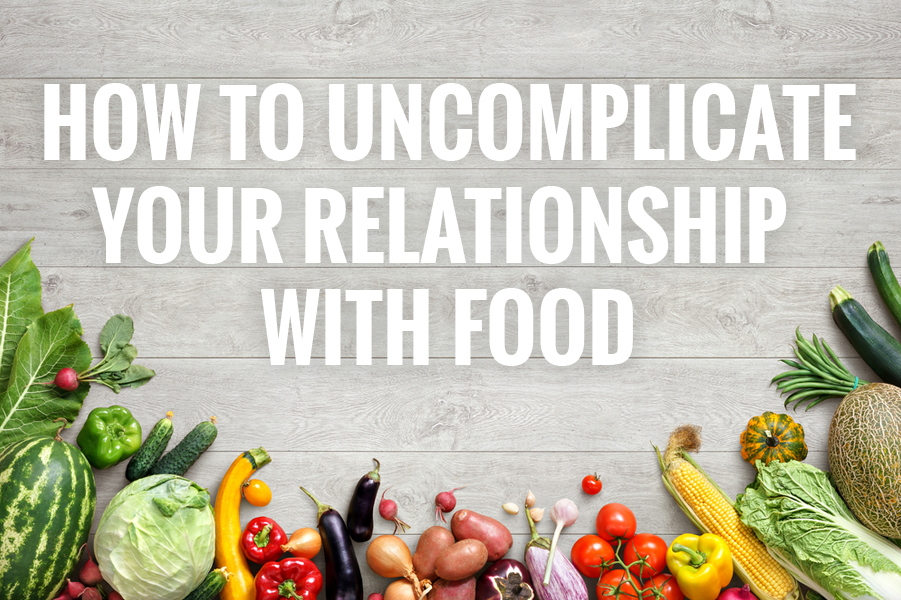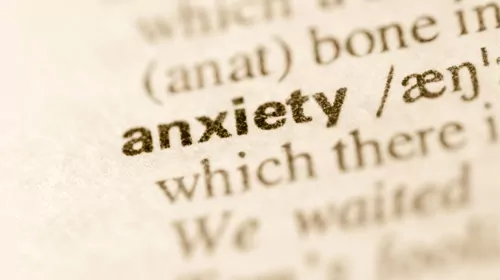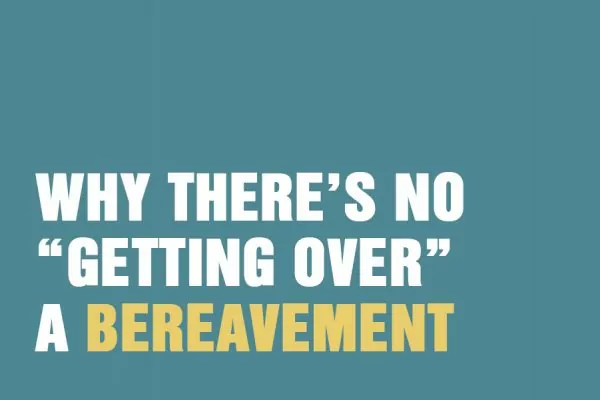When an affair is discovered, it can be devastating for a relationship. Whether it’s revealed through lipstick on the collar, a suspicious amount of extra time at the gym, or finding a series of amorous text messages to an unknown number, a betrayal can take the breath away. It can come as a huge shock, especially if the betrayed partner has been in denial. They may have preferred to turn a blind eye, not wanting to face up to the consequences of what’s really going on.
Yet when the truth comes out, and the facts are laid out in the stark light of day, initially it may seem like there’s no going back. The huge cornerstone of any relationship – trust – will have been ruptured, and it may feel pointless even trying to piece it back together.
There will be different things going on in the minds of the ‘betrayed’ and the ‘betrayer’
The betrayed:
- May feel let down, angry, depressed, broken. If they’ve been in denial, they will find it incredibly hard to accept the reality of what has happened.
- Will have a lot of ‘whys’ that need answered. They’ll be asking themselves why and how their partner could have an affair, and why they didn’t spot it sooner. Why didn’t they question the late nights at the office? The new scent, the adventurous wardrobe, the mysterious times when their phone was switched off?
- Will also want to know when the affair started, how long it lasted, how often any intimacy happened. And when the partner fell out of love with them.
- May start to blame themselves, or they might take it out on the partner through silent punishment, or just wanting to scream and shout.
The betrayer:
- May feel guilty about what they’ve done, or may be kicking themselves at being found out. Much depends on how significant the affair was to them.
- May have been covering up the affair for so long that it comes as a relief to be discovered – maybe even leaving their phone or tablet on show so their partner can discover evidence of the affair. They have wanted to end the affair for some time, but are in too deep and don’t want to let anyone down.
- May fear the consequences of what the discovery will mean to them individually – wondering how they will manage if the betrayal leads to separation or divorce.
- May wish they could turn back the clock.
How couples counsellors work with affairs and betrayals
Couples who come to counselling after an affair generally want to save their relationship. A betrayal can create a make-or-break situation in a relationship that may take a third person – a couples counsellor – to help unpick what has gone wrong and help the partners decide if the relationship is worth the effort of slowly sewing back together.
Couples counselling will look at:
The type of affair it was. Was it an emotional affair (no sex), an affair that was mainly sexual, or somewhere in between? All affairs are different. Is the affair moving into a new relationship, or was it just a fling? Flings are usually a sign that the current relationship is fragile and needs nurturing. Developing a new relationship is a sign that deeper issues need to be addressed in the current partnership. Attraction can happen instantly, and it can take up to two years to establish a relationship. That’s one of the reasons affairs don’t last. Romantic relationships need to have an emotional attachment as well as an intimate sexual connection. Affairs may be fuelled by lust, which feels electric. But when it comes to crunch point, which relationship would get saved?
The couple’s behaviour towards each other: Has one partner been too preoccupied with work, kids, friends or social life to notice the other partner’s needs? Or how about being distant, mocking or plain bored with the other? Has sexual intimacy stopped? If one partner feels their needs haven’t been met in their current relationship, they may start looking for it outside. Both partners may need to look at their behaviours, and which aspects they would like to change to build the relationship they want for the future.
The individuals’ childhood background. How securely or insecurely did the individual partners feel when they were children? Were their parents available to them consistently? Or did they have to fight for attention, or beg for scraps of love? Very often the baggage from childhood can create unmet needs that one partner may expect the other partner to fulfil. One may withhold. The other may be needy. That can create an atmosphere of not being safe or secure. Understanding those dynamics may help bring insight into why the betrayer was tempted into having an affair.
Truth and trust: Has the relationship been built on truthful foundations? Or have little white lies always crept in – sometimes in the belief that it’s protecting the partner from being hurt? After an affair, trust needs to be built back up. Both individuals need to feel safe within the relationship to open up and be vulnerable if they are ever going to mend what has been broken. The key way to do that is to tell the truth about what happened, and to answer questions about when, why, how – no matter how painful that may be. Creating new trust may also involve openness about email, social media accounts, text messages – all the trappings of modern communication, where so many affairs get played out. Are both partners open to trusting each other again? Can they make it safe for each other to be truly themselves in an intimate, trusting relationship?
The intention to move forward: Is the betrayed partner hell bent on punishing the betrayer? Or is there a glimmer of forgiveness in their heart? Is the betrayer intent on making the relationship work? Or in their heart-of-hearts do they believe that they need to move on? The couples counsellor will help establish this, and agree ways of moving forward.
Time: With positive intention, openness and the chance to talk frankly and honestly with the other partner, a relationship can start to build trust, safety and begin to heal from an affair. But all healing takes time.
If you would like to give your relationship another chance, book an appointment with one of our couples counsellors at The Awareness Centre. Call 020 8673 4545 or email [email protected]







